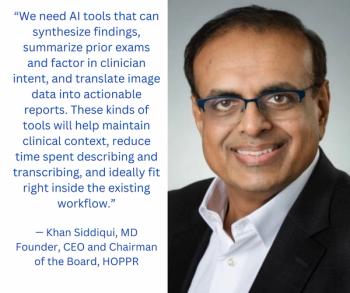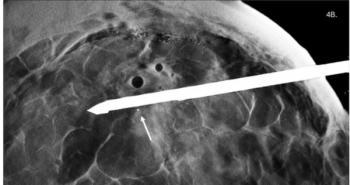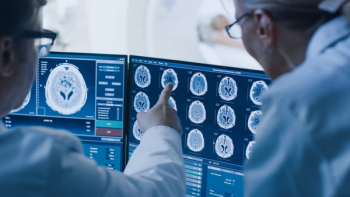
MRI of Abdominal Aorta May Help Detect Future Cardiac Events
Using MRI to measure aortic wall thickness and plaque may help physicians predict the risk of cardiovascular events.
Measurement of abdominal aortic plaque and wall thickness by MRI can predict the risk of heart attack or stroke, according to a study published in the journal
Researchers from University of Texas Southwestern Medical Center in Dallas studied 2,122 subjects, mean age 44, who underwent abdominal aortic MRI. The researchers quantified the mean aortic wall thickness (MAWT) and aortic plaque burden. The participants were monitored for a mean of 7.8 years for cardiovascular death, non-fatal cardiac events, and non-fatal extracardiac vascular events.
Results showed that 143 participants experienced cardiovascular incidents, 34 of which were fatal. There were 73 non-fatal cardiac events, including heart attack or coronary revascularization. Forty-six subjects experienced non-fatal extracardiac vascular events, such as stroke or carotid revascularization.
The researchers also found that increasing MAWT was positively associated with being male, a current smoker, 10-year increase in age, and being hypertensive.
“Aortic plaque was not associated with increased risk for composite events,” the authors wrote.
“This is an important study, because it demonstrates that atherosclerosis in an artery outside the heart is an independent predictor of adverse cardiovascular events,” lead author Christopher D. Maroules, MD, said in a release. “MRI is a promising tool for quantifying atherosclerosis through plaque and arterial wall thickness measurements.”
Maroules is a radiology resident at the medical center.
While other vascular imaging exams exist, MRI is considered to be less challenging because of the large size of the abdominal aorta and its lack of proximity to a moving organ. In addition, the aorta is regularly visualized incidentally during imaging exams ordered for other exams, such as that of the spine or abdomen.
“Radiologists can infer prognostic information from routine MRI exams that may benefit patients by identifying subclinical disease,” Maroules added.
Newsletter
Stay at the forefront of radiology with the Diagnostic Imaging newsletter, delivering the latest news, clinical insights, and imaging advancements for today’s radiologists.














